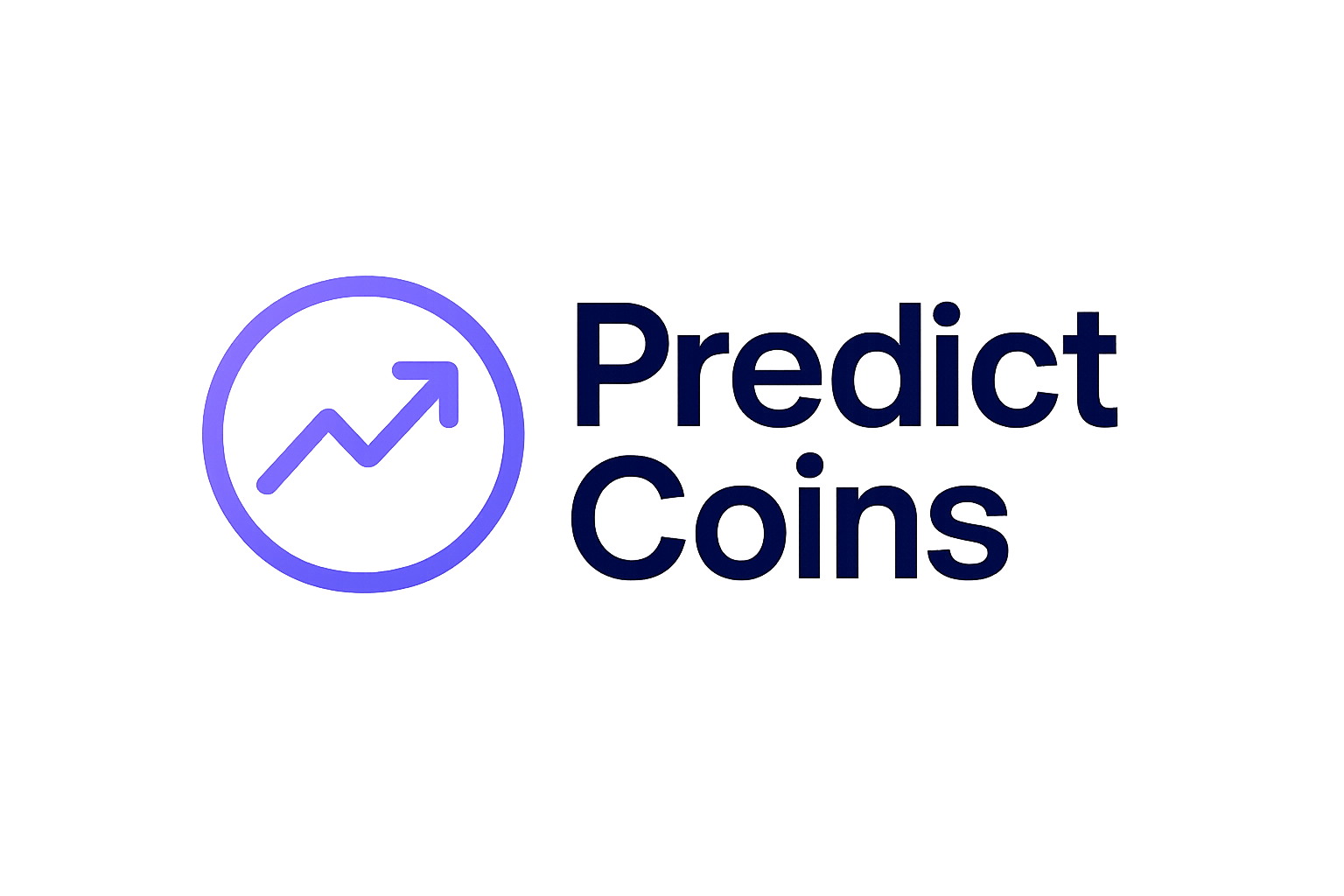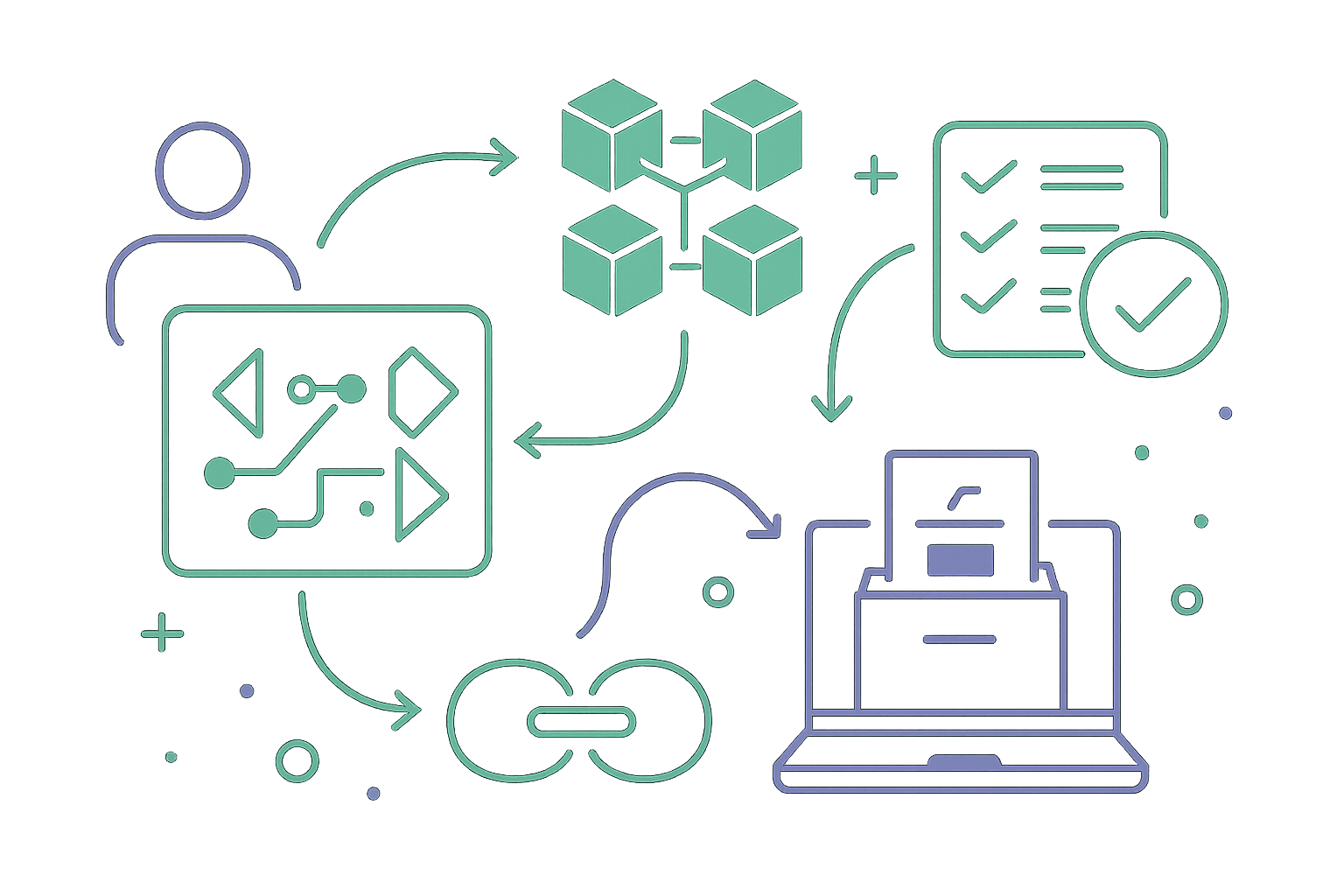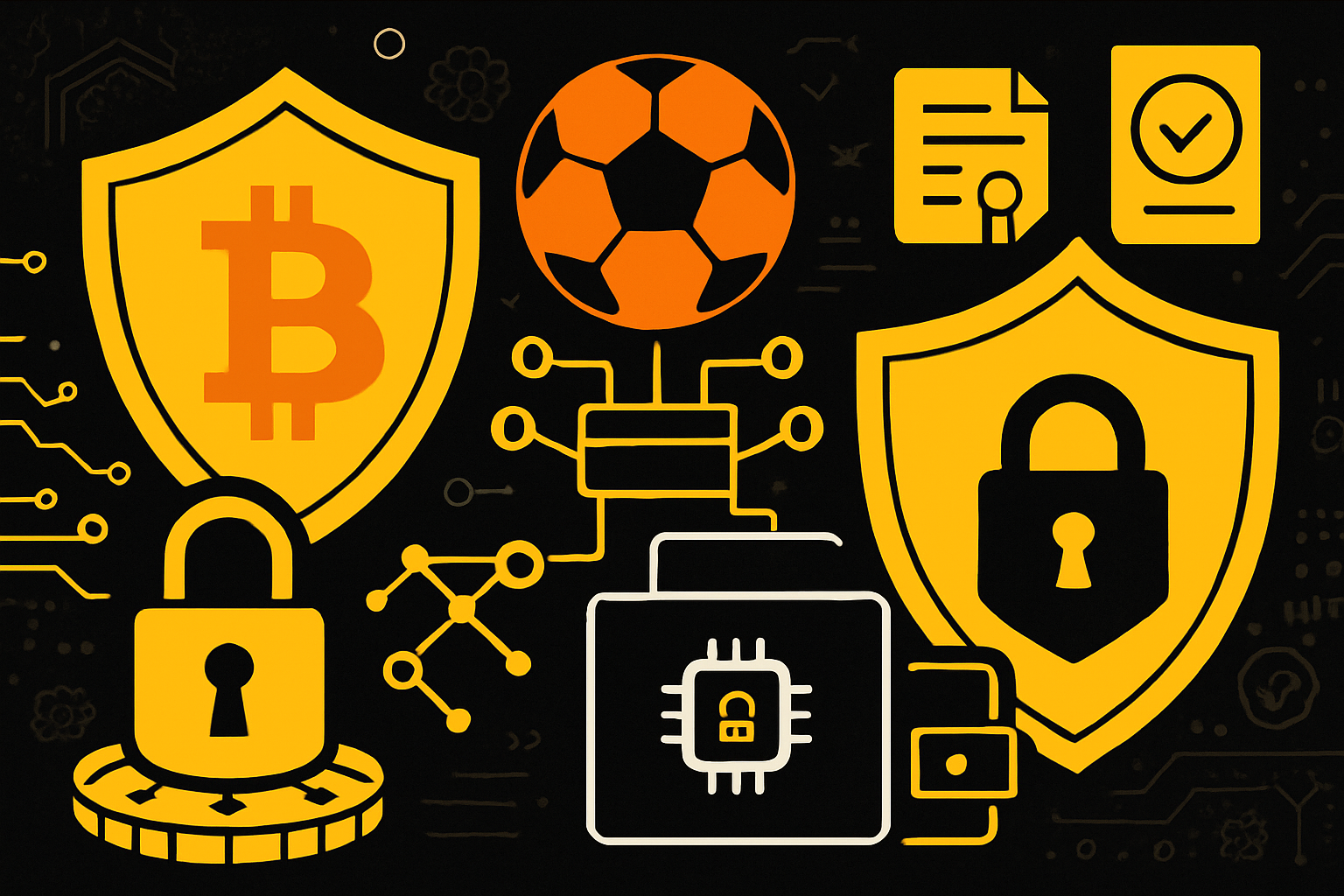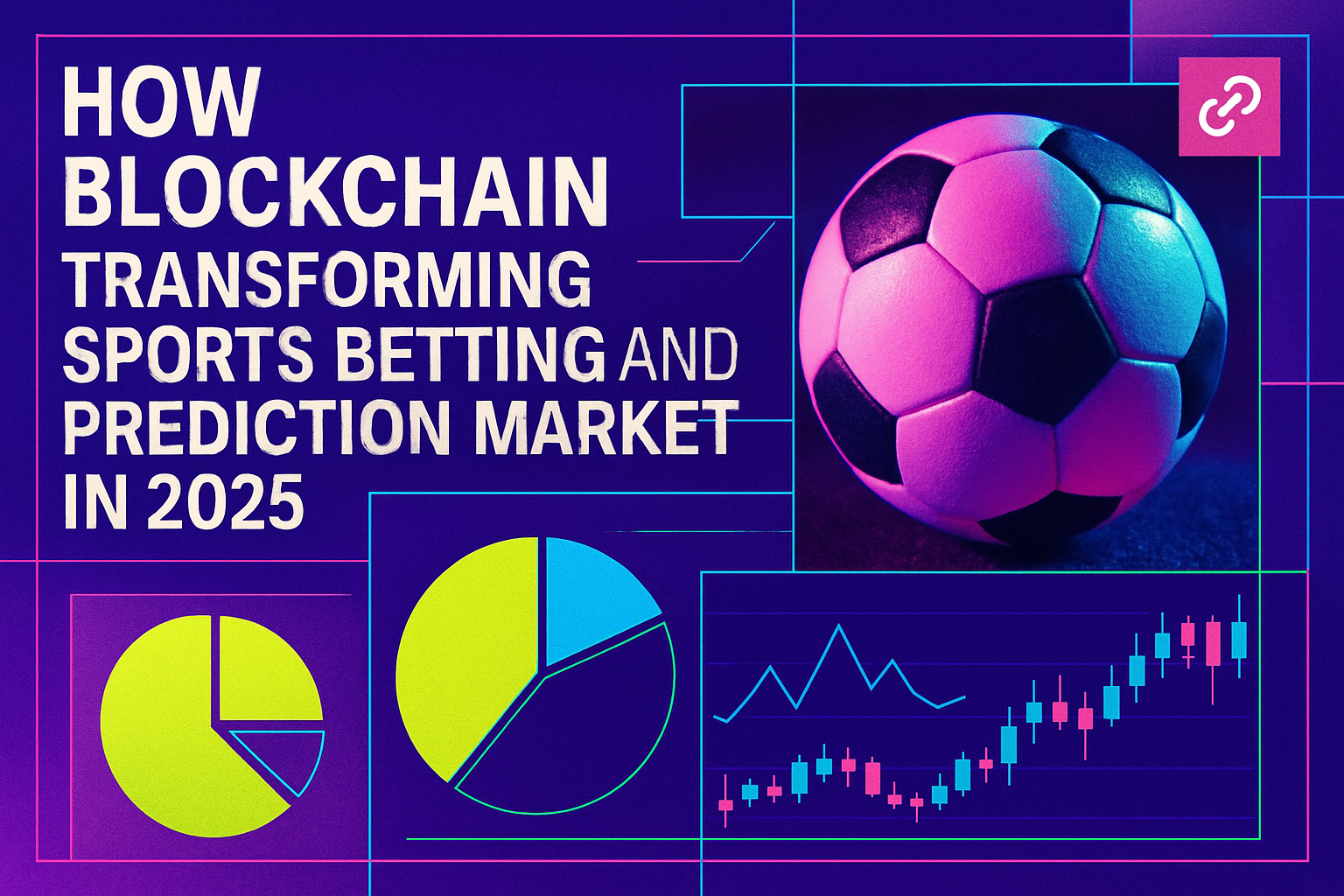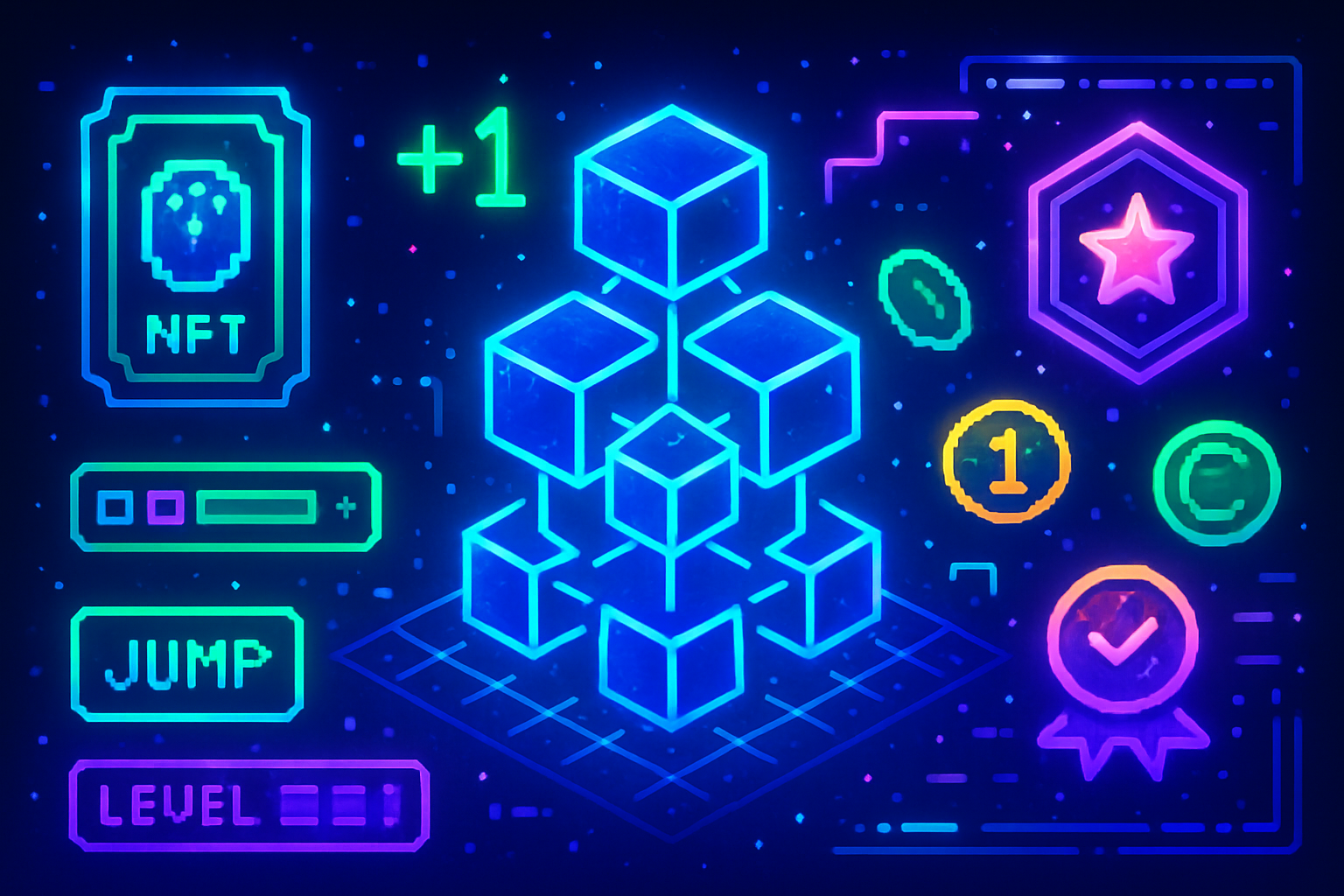How Blockchain Is Revolutionizing Election Prediction Markets: Secure, On-Chain Voting and Settlement
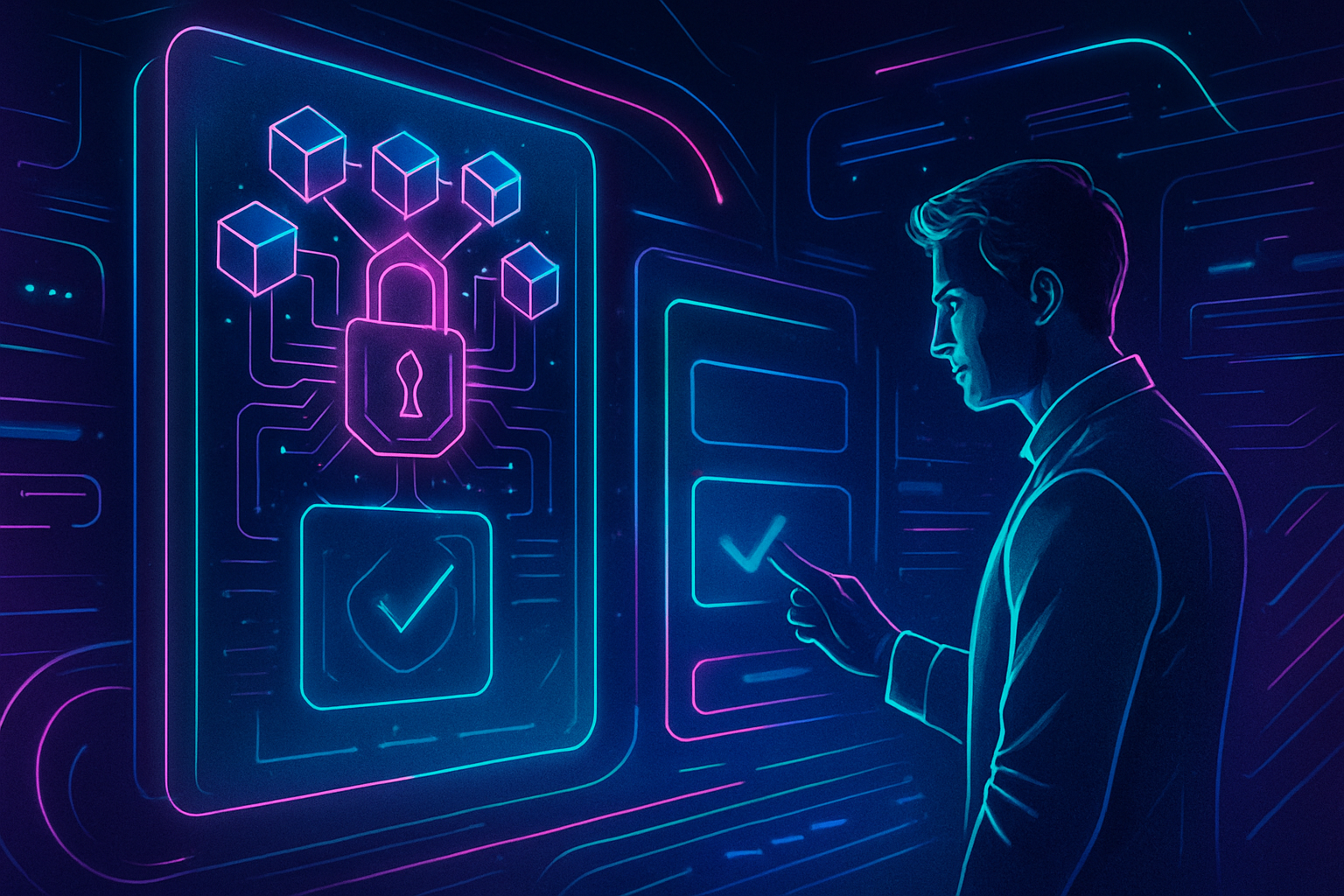
Blockchain technology is rapidly transforming the landscape of election prediction markets, bringing a new level of security, transparency, and efficiency to on-chain voting and settlement. As concerns about election integrity and manipulation persist globally, crypto-powered prediction markets are emerging as a robust alternative for those seeking verifiable, tamper-resistant election outcomes. Platforms like Polymarket have demonstrated the power of blockchain-based election predictions, with trading volumes exceeding $3.2 billion during the 2024 U. S. presidential election, a clear sign that decentralized election betting is gaining mainstream traction.

How Blockchain Enhances Election Prediction Markets
The core advantage of blockchain election prediction markets lies in their ability to deliver verifiable on-chain election results. Every transaction, be it a bet placed or a market settled, is immutably recorded on the blockchain. This public ledger ensures that outcomes can be independently audited by anyone, minimizing the risk of fraud or manipulation that has historically plagued traditional betting platforms.
Consider Polymarket’s use of the Polygon blockchain: users trade using USD Coin (USDC), and all trades are governed by smart contracts. These contracts execute settlements automatically when an outcome is verified, eliminating human error and reducing reliance on centralized authorities. The result is a system where trust is placed not in intermediaries but in transparent code.
Key Advantages of Blockchain-Based Election Prediction Markets
-
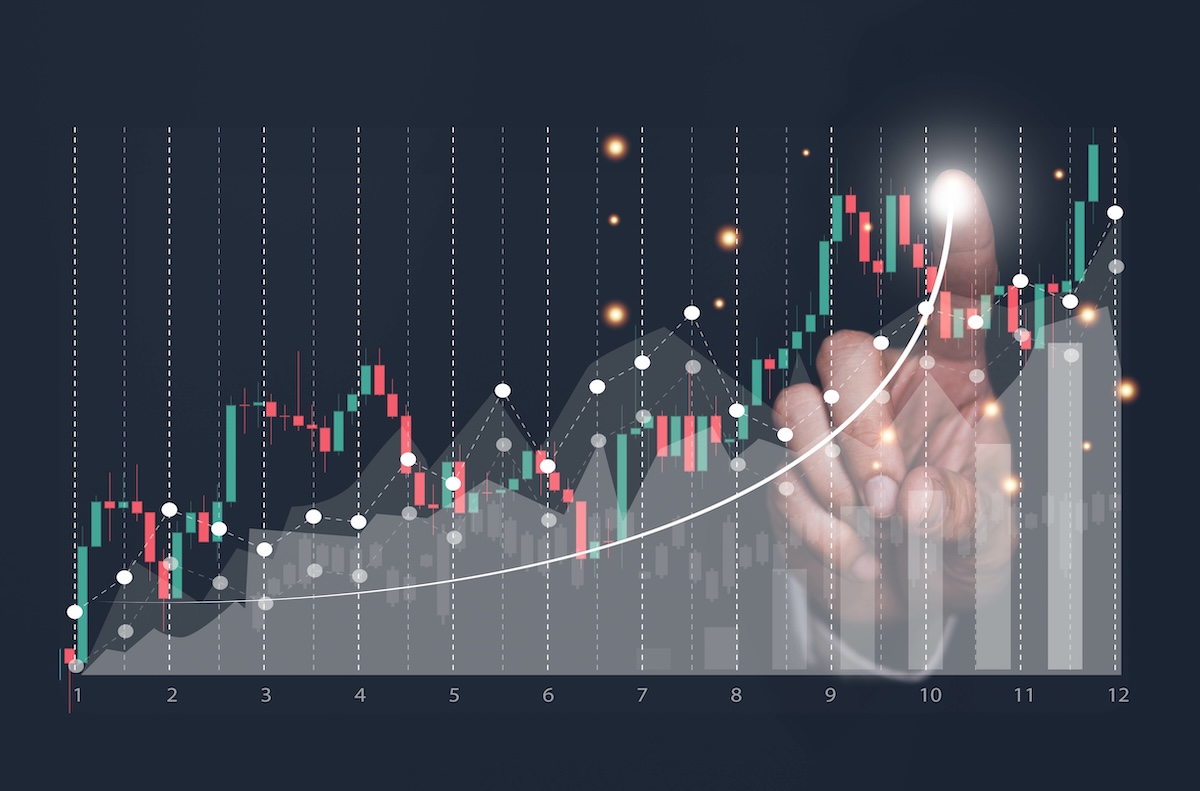
Enhanced Transparency: All trades, bets, and outcomes are recorded on public blockchains like Polygon, allowing anyone to independently verify market activity and results. This transparency reduces the risk of fraud and manipulation.
-

Secure and Tamper-Proof Settlement: Platforms such as Polymarket use decentralized networks and cryptographic protocols to secure both voting and settlement processes, ensuring data integrity and protecting against unauthorized access.
-
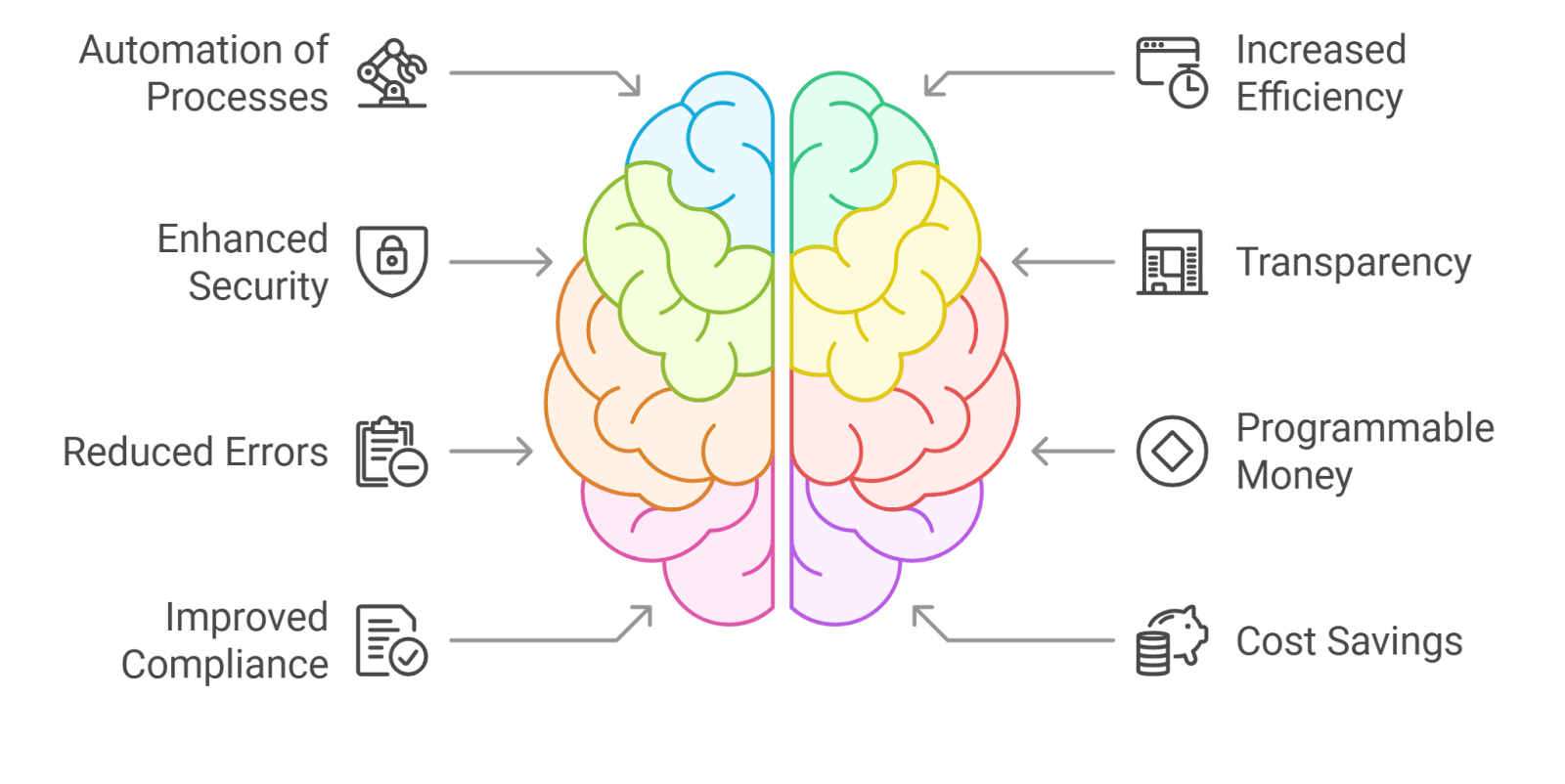
Automated, Efficient Payouts: Smart contracts handle trade settlements automatically, minimizing the need for intermediaries and reducing both costs and settlement times compared to traditional markets.
-
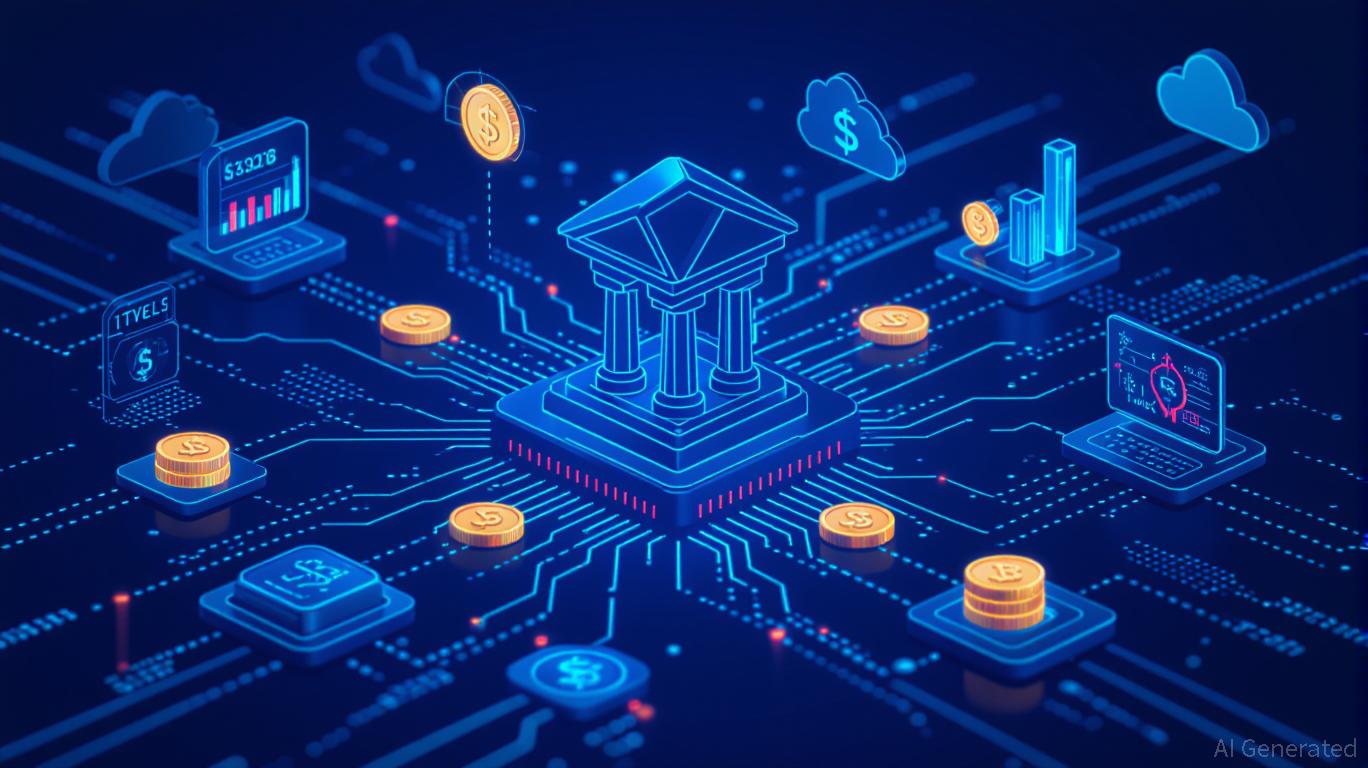
Decentralized Outcome Resolution: Systems like UMA’s Optimistic Oracle provide tamper-resistant, community-driven verification of real-world events, ensuring that market resolutions reflect actual outcomes and can be challenged if disputed.
-

Global Accessibility: Blockchain-based platforms enable users worldwide to participate in election prediction markets using stablecoins like USD Coin (USDC), as seen on Polymarket, fostering a more inclusive and liquid marketplace.
Decentralized Oracles: The Backbone of On-Chain Resolution
A critical component in secure crypto election markets is the use of decentralized oracles to confirm real-world outcomes. For example, Polymarket leverages UMA’s Optimistic Oracle system to resolve event results:
- Human input proposes an outcome, such as which candidate won an election.
- The proposed outcome is posted on-chain and can be disputed within a set period.
- If challenged, UMA token holders vote to determine the correct resolution, ensuring community-driven accuracy.
This mechanism not only prevents single points of failure but also encourages broad participation from stakeholders invested in maintaining market integrity. As highlighted by industry analysts (source), decentralized oracles are crucial for ensuring that blockchain-based prediction markets reflect true event outcomes without compromise.
Security and Transparency: Addressing Trust Issues in Election Betting
The appeal of secure election betting crypto platforms stems from their resistance to tampering and censorship. Blockchain’s cryptographic protocols safeguard against unauthorized access, while its distributed nature makes coordinated attacks exceedingly difficult. Every bet placed and every market settled can be traced back through an unalterable chain of records, providing peace of mind for participants concerned about fairness.
This level of transparency addresses longstanding worries about manipulation in both traditional betting exchanges and centralized online voting systems. In fact, research published by MDPI and ScienceDirect underscores how distributed ledger technology offers significant enhancements over previous e-voting solutions (MDPI review; ScienceDirect study). Still, some experts caution that no system is entirely immune from risk, a reminder that while blockchain sets a higher standard for trust, ongoing vigilance remains essential.
Despite the impressive progress, the journey toward blockchain voting transparency is not without obstacles. Regulatory scrutiny is top of mind for both platform operators and users. The $1.4 million CFTC fine imposed on Polymarket in 2022 for operating as an unregistered derivatives trading venue, and the subsequent restrictions placed on U. S. users, highlight a key challenge: aligning innovative crypto election markets with existing legal frameworks (source). This intersection of technology and regulation will shape the future accessibility and legitimacy of decentralized election betting.
Another important consideration is scalability. As blockchain-based election predictions attract more participants, networks must efficiently handle increased transaction volumes without compromising speed or cost-effectiveness. Layer-2 solutions like Polygon have proven valuable in reducing congestion and fees, but continued innovation will be necessary to support global-scale adoption.
User Experience: Making Prediction Markets Accessible
For widespread adoption, crypto election markets must prioritize user experience alongside security. Platforms are investing heavily in intuitive interfaces that allow even non-technical users to participate confidently. Fast settlements via smart contracts and clear visualizations of market odds help demystify the process, while educational resources guide newcomers through wallet setup and responsible participation.
The community aspect also plays a pivotal role. Decentralized governance models not only secure market outcomes but also foster a sense of shared ownership among participants. This collaborative approach stands in contrast to traditional betting houses, where decision-making is opaque and centralized.
The Road Ahead for Blockchain Election Prediction Markets
The momentum behind on-chain voting prediction markets is undeniable. With over $3.2 billion traded during the 2024 U. S. presidential race on Polymarket alone, appetite for transparent, verifiable election betting has never been higher. As regulatory frameworks evolve and technology matures, we can expect further integration between blockchain infrastructure and mainstream political forecasting.
Top Decentralized Election Betting Platforms Using Crypto
-
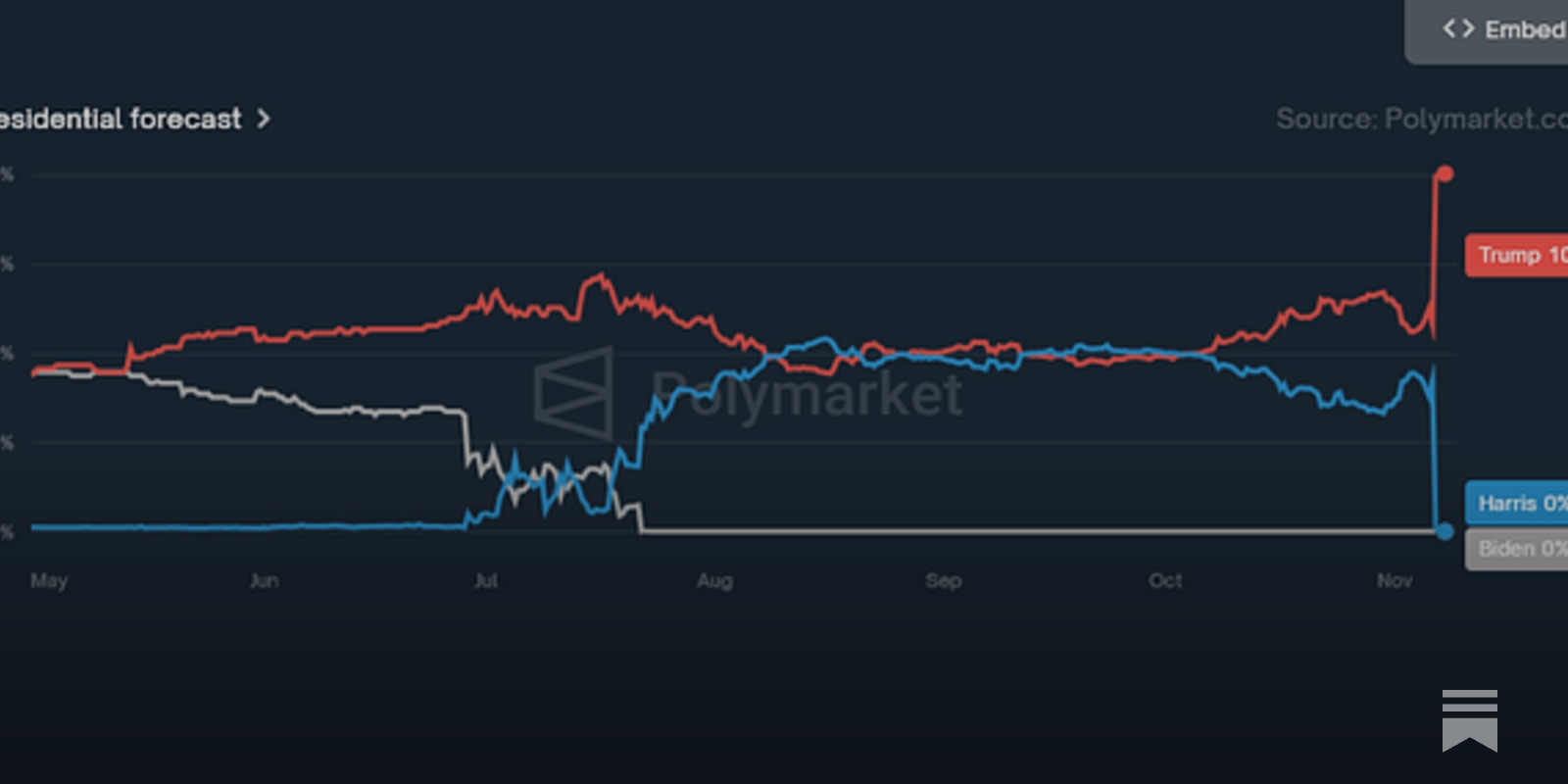
Polymarket: Built on the Polygon blockchain, Polymarket is the leading decentralized prediction market for political events. It allows users to trade shares on election outcomes using USD Coin (USDC). All trades and settlements are executed via smart contracts, ensuring transparency and security. During the 2024 U.S. presidential election, Polymarket recorded over $3.2 billion in trading volume, underscoring its prominence and reliability.
-
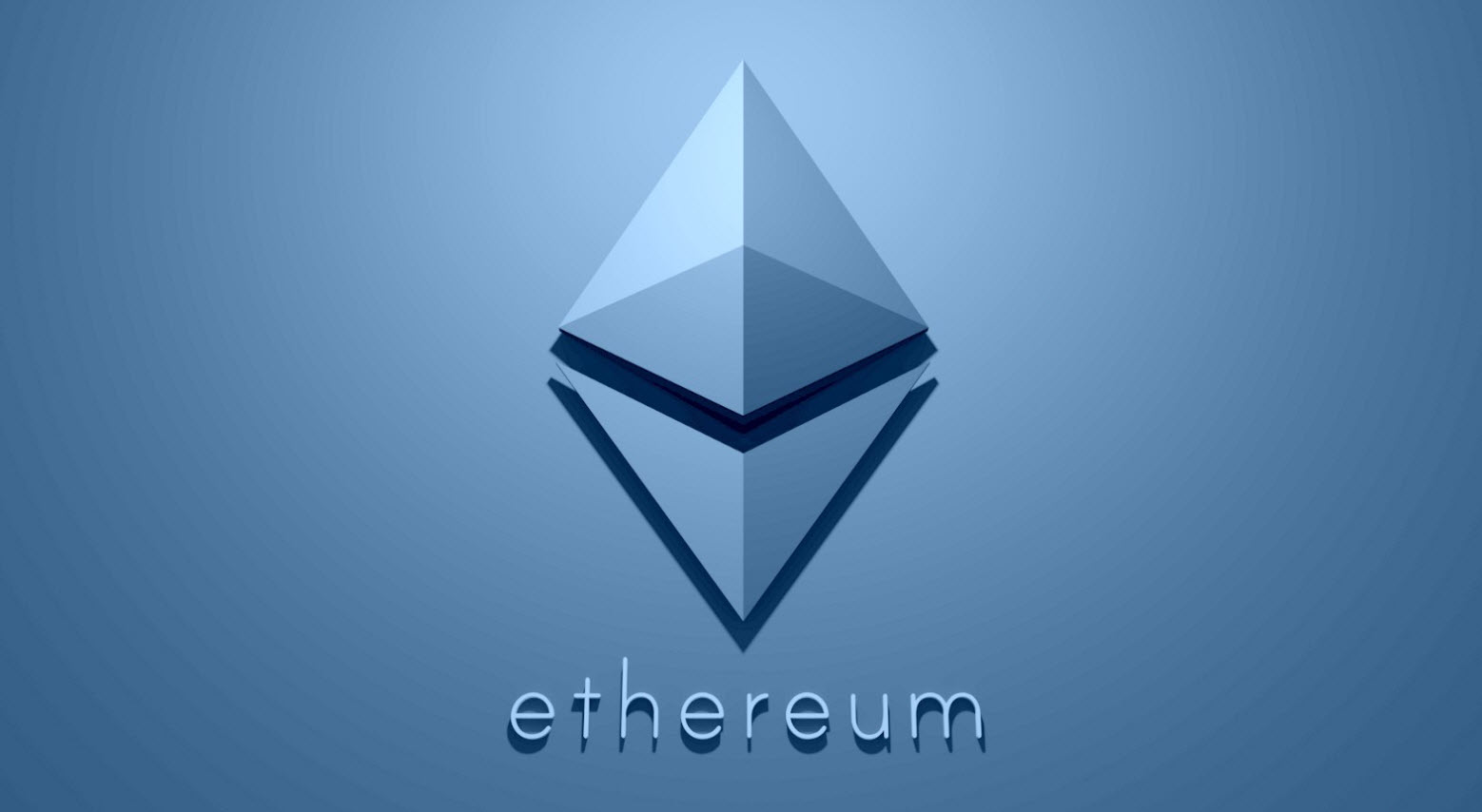
Augur: Augur is an open-source, decentralized prediction market protocol on Ethereum. Users can create and trade markets on political outcomes using cryptocurrencies like ETH and USDC. Augur leverages a decentralized oracle system to resolve market outcomes, providing a transparent and censorship-resistant environment for election betting.
-
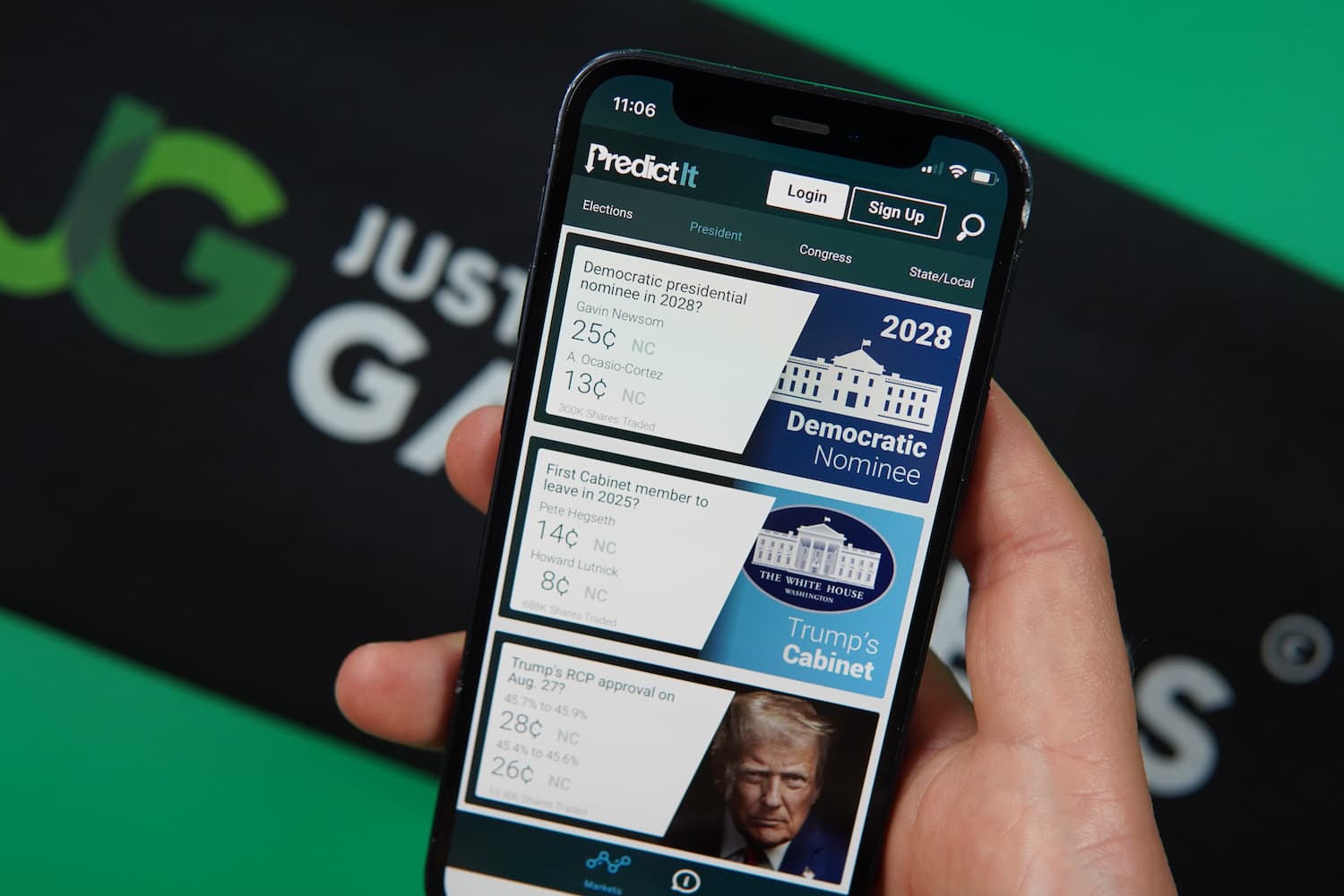
Omen: Powered by the Gnosis Protocol and operating on Ethereum, Omen enables users to create and participate in prediction markets for elections and other real-world events. Settlement is handled by decentralized oracles, and users can trade with various ERC-20 tokens, ensuring a secure and trustless experience.
-
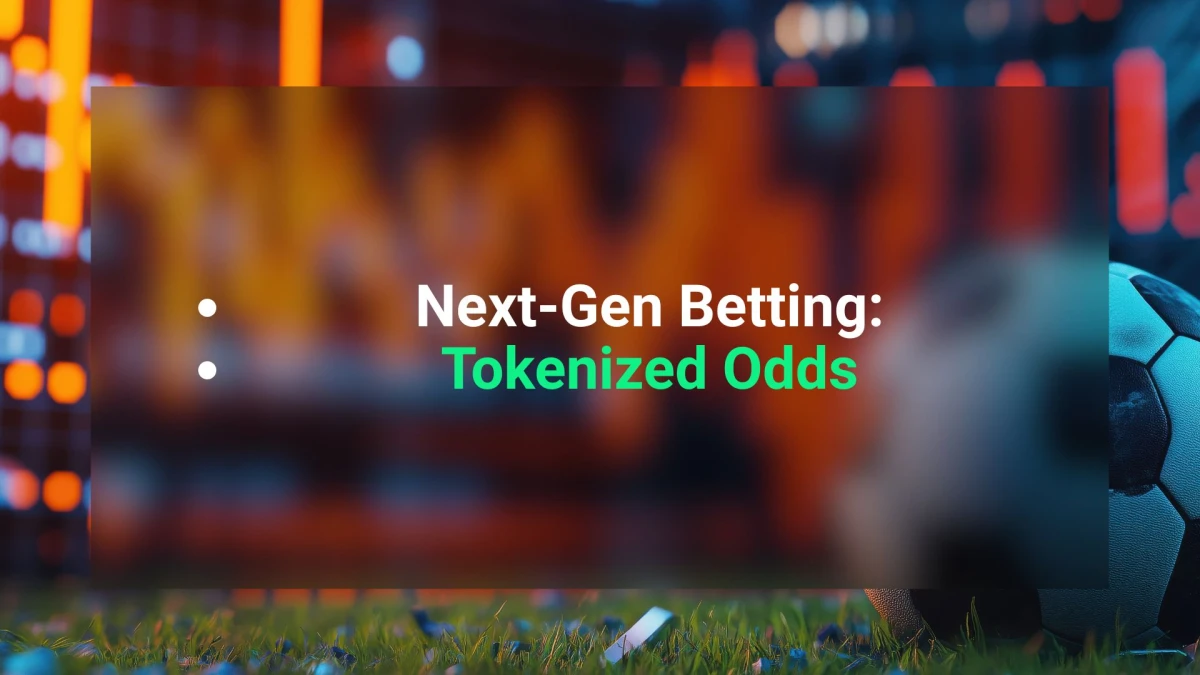
Azuro: Azuro is a decentralized betting protocol that supports prediction markets for elections and political events. Built on multiple EVM-compatible blockchains, Azuro offers transparent, on-chain settlement and utilizes decentralized data feeds to ensure accurate outcome resolution.
Ultimately, blockchain’s promise lies in its ability to make every step of the prediction market process – from placing a bet to settling an outcome – open to scrutiny yet resistant to manipulation. While challenges remain around compliance and scaling, the foundation laid by current platforms provides a compelling case for broader adoption across elections worldwide.
The next wave of innovation will likely focus on enhancing oracle systems, improving privacy protections for bettors, and building bridges with regulatory authorities to ensure sustainable growth in this dynamic sector.
